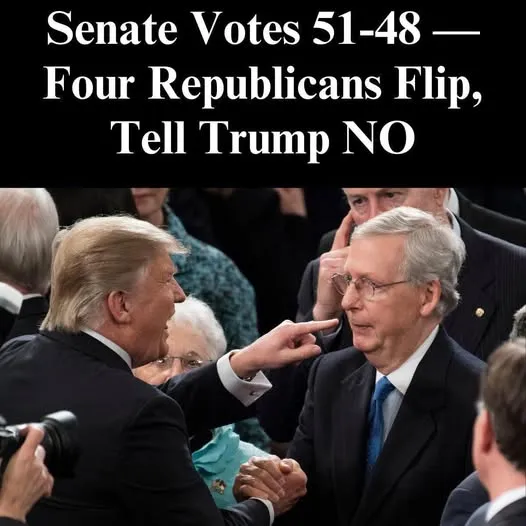Morgan Freeman Turns His 124-Acre Ranch into a Sanctuary for Bees
In a powerful act of environmental stewardship, legendary actor Morgan Freeman has transformed his 124-acre Mississippi ranch into a sanctuary dedicated to saving bees. Known for his iconic voice and thoughtful presence, Freeman is now making waves off-screen by taking meaningful action against the alarming decline in global bee populations.

From Actor to Beekeeper
Freeman began beekeeping in 2014, initially as a hobby, but quickly developed a deep appreciation for the critical role bees play in sustaining life on Earth. Recognizing the urgent threat posed by declining bee numbers, he converted his entire property into a safe haven for pollinators.
He imported 26 beehives from Arkansas and cultivated vast areas of bee-friendly plants, including lavender, magnolias, and clover, to provide a nourishing habitat. Remarkably, Freeman tends to the bees himself—often without protective gear—and reports never being stung. He neither harvests honey nor disturbs the hives. His sole purpose is to help restore the bee population.
A Mission Rooted in Environmental Awareness
Freeman has spoken passionately about the significance of bees and their role in maintaining the planet’s ecological balance. “They are the foundation of the planet’s growth,” he once explained. In a 2016 Larry King Live interview, he expressed deep concern about the rapid disappearance of bee colonies in the U.S. and around the world.
In a 2014 appearance on The Tonight Show, he noted, “We don’t realize that they’re the foundation of the growth of the planet, the vegetation…”
Pollinators like bees are essential to agriculture, responsible for fertilizing the crops that sustain human and animal life. The collapse of bee populations could trigger a domino effect that endangers global food supplies and biodiversity.

The Crisis Facing Bees
The crisis is real and growing. A study by Auburn University and the University of Maryland revealed that over 40% of U.S. beekeepers lost colonies in a single year—an increase from 33% the year before. This troubling trend is fueled by numerous threats:
-
Colony Collapse Disorder, a phenomenon linked to environmental stress, mites, disease, and poor nutrition.
-
Climate change, which alters seasonal patterns and affects bees’ ability to find food and shelter.
-
Pesticides, especially neonicotinoids, which have been shown to impair bee reproduction and longevity—especially in queen bees.
Dr. Geoffrey Williams of Auburn University warns that rapid climate shifts are making it increasingly difficult for bees to survive and thrive.
A Model of Environmental Responsibility
Freeman’s dedication serves as a powerful example of how individuals can make a tangible difference in environmental conservation. His ranch now stands as both a sanctuary and a symbol—an inspiring testament to the power of personal action in the face of global ecological decline.
By creating a refuge for bees, Morgan Freeman isn’t just helping to repopulate pollinators—he’s also raising awareness about the broader threats facing our planet. His efforts remind us that environmental responsibility begins with each of us, and even small gestures can have a profound ripple effect.

A Symbol of Hope in a Time of Crisis
In the midst of growing concern over biodiversity loss, climate change, and unsustainable agricultural practices, Morgan Freeman’s bee sanctuary represents hope. It is a quiet but powerful statement: that we still have time to act, to protect, and to restore balance to the natural world.
His initiative encourages others to reflect on how they, too, can contribute—whether by planting pollinator-friendly gardens, reducing pesticide use, or simply supporting sustainable practices. Protecting bees is not just about saving a species—it’s about preserving the very systems that sustain life on Earth.
Through his compassion, awareness, and dedication, Freeman has shown that environmental change begins at home—and that every action, no matter how small, truly matters.



